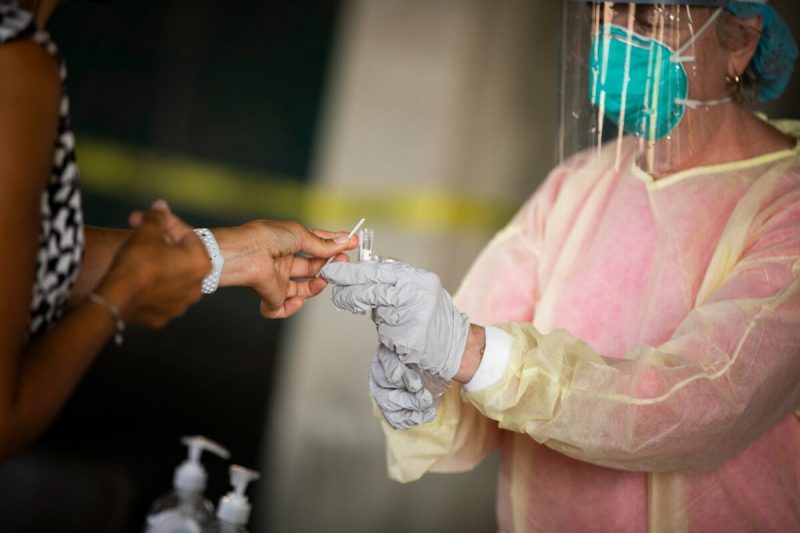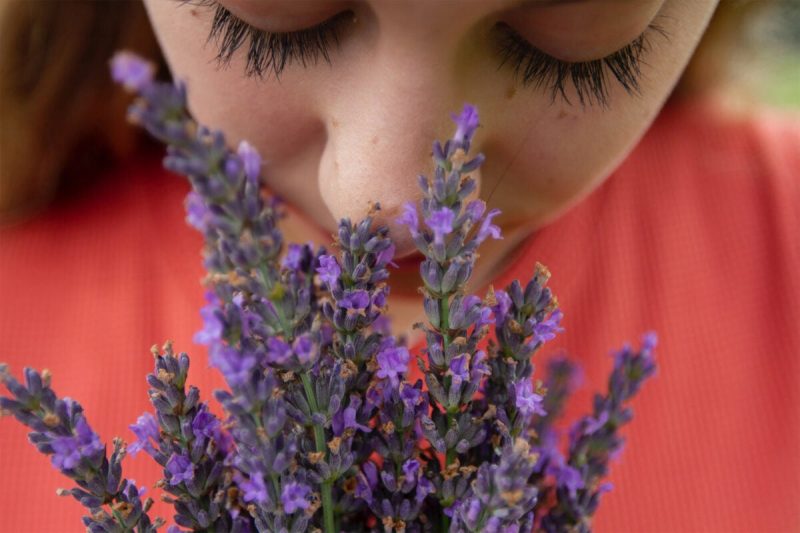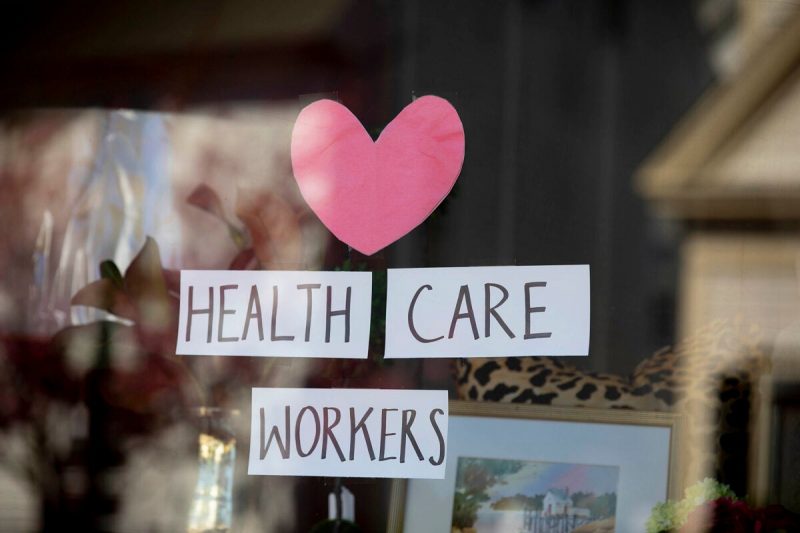In a race against time, the world has witnessed unprecedented efforts to develop and distribute vaccines to combat the global COVID-19 pandemic. The emergence of the novel coronavirus caught the world off guard, prompting intensive research, collaboration, and innovation to produce effective vaccines at record speed. While the scientific community has made remarkable strides in the development of multiple COVID-19 vaccines, the reality remains that the virus has proven itself to be a formidable opponent, spreading rapidly and evolving in unpredictable ways.
One of the key challenges in combating the virus lies in its ability to mutate, leading to the emergence of new variants that may impact the effectiveness of existing vaccines. Scientists and pharmaceutical companies continue to closely monitor these variants and work towards adapting vaccines to provide protection against evolving strains. The rapid development and deployment of booster shots have become essential strategies in staying ahead of the mutating virus and enhancing immunity among populations.
Furthermore, the global distribution and administration of vaccines have presented logistical challenges, including equitable access and vaccine hesitancy among certain populations. Disparities in vaccine distribution have highlighted the need for international cooperation and support to ensure that all countries have fair and timely access to vaccines. Efforts to address vaccine hesitancy involve transparent communication, education, and community engagement to build trust and promote vaccination as a cornerstone of public health protection.
Despite the challenges posed by the virus and its variants, the development and deployment of vaccines have marked a significant milestone in the ongoing battle against COVID-19. Vaccination campaigns have played a crucial role in reducing severe illness, hospitalizations, and deaths related to the virus, offering hope for a gradual return to normalcy. Continued research, surveillance, and vigilance are essential in monitoring the virus’s evolution and adapting vaccination strategies to maximize protection and minimize the potential impact of future outbreaks.
In conclusion, while vaccines have arrived in record time, the race against the virus is far from over. The dynamic nature of COVID-19 requires ongoing collaboration, innovation, and flexibility in adapting to emerging challenges. By remaining vigilant, supporting global vaccination efforts, and prioritizing public health measures, the world can work collectively towards overcoming the pandemic and building a more resilient future for all.



